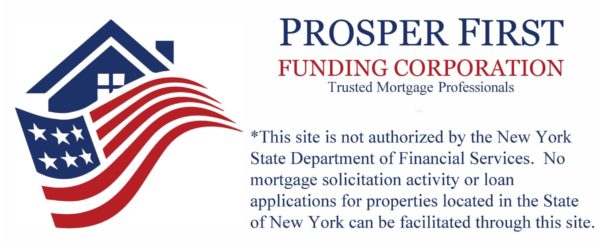You know how that gallon of milk your spouse chugs out of the jug every morning costs more this year than it did last? That rise in the price of goods is called inflation. You’ve heard the term. You know it happens. You might think that it is a horrible thing. The truth is that inflation is a natural part of a healthy, growing economy, as long as it’s not out of control. But what does inflation mean for interest rates?
The relationship between inflation and interest rates can be tricky, but it’s important for you to understand to make sound investment decisions as well as to comprehend how the market works. Read on to see what inflation means for your interest rates.
What’s an interest rate?
Interest rates are a percentage of an outstanding loan that is charged annually to the borrower. And when inflation happens, interest rates rise. But spending drives the economy. So if interest rates are too high, consumers don’t have enough money to spend on other things like food, gas, clothes, entertainment, and travel. Less spending slows down the economy, slows down growth, and can negatively affect not only the quality of life for the citizens of any economy, but also the viability of that economy long term.
That’s where the government steps in.
The role of the Federal Reserve
The Federal Reserve (also known as The Fed or The Federal Reserve System) is the banking authority in the US that acts like the country’s central bank. It implements monetary policy for the entire United States and holds its cash reserves. Its role is to make decisions that will help the economy grow healthily—not too fast and not too slow.
That’s where interest rates come in. The Federal Reserve meets regularly to set interest rates. They analyze the Consumer Price Index (CPI) and Producer Price Indexes (PPI) to see how the economy is doing. The CPI measures the changing prices consumers pay for goods and services. The PPI measures changes in selling prices for producers of goods. Based on the numbers, they either raise or lower interest rates—always striving to keep the economy growing, but balanced. They want stable prices, stable growth, and they strive to minimize unemployment.
What does this mean for you? After The Fed meets investors and traders react depending on the choices the Federal Reserve makes. Though market economics are tricky, it all comes down to basic concepts like supply and demand, and how government oversight works to support a healthy, robust economy.
So next time you notice that slight rise in prices down the dairy aisle, don’t fret. Realize that rising prices are all part of the natural ebb and flow of economies, and your interest rates are tied up in that delicate mix as well.
My husband and I are looking at a house that has an HOA, but we never lived with one before so we are curious to know if there are benefits to having one. I liked how you pointed out that one good thing is that they will provide a landscape company to help with the yard work. It will be great not having to worry about spending all of our time doing it, but having it still look nice.
Very nice love the colors
I would love to have a tiny home to live in! It seems more manageable and affordable. The Hiatus in Oregon is beautiful. I love the wood floors. can you put a tiny house on any property? Thanks for the inspiration and information!
I have a home in Stamford CT and I am looking for someone to assume my mortgage. Not sure if you are interested in something like this based on what I saw on your website. Eric
Is it possible to buy a first home with a 580 credit score? The house is in Groton ct and is only $90,000
